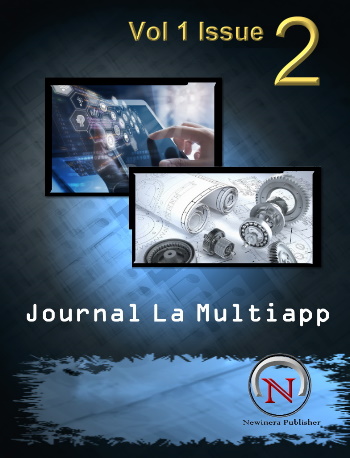
Journal La Multiapp
Yazarlar: Nhi Thrinch, Honh Thung
Konular:-
DOI:10.37899/journallamultiapp.v2i3.393
Anahtar Kelimeler:Flood,Runoff,Pore Holes,Infiltration Rate
Özet: Inundation and floods are caused by a combination of factors including lower rain catchment areas, decreasing infiltration rates, and an uneven distribution of rainfall throughout the year, which all combine to create flooding and inundation issues. The alternative option is to install an efficient drainage system that is ecologically friendly, since in addition to its role of accommodating and draining water, it also has the additional purpose of absorbing water into the subsurface soil layer. A pore hole is created at the bottom of the drainage channel in order for the water to be absorbed. There was a desire to investigate the impact of soil texture on the rate of infiltration, therefore this research was conducted. Three kinds of soil were utilized as infiltration medium, namely sandy loam, loam, and clayey loam, all of which were found in the surrounding area. In addition, there are three variants of hole spacing, namely 16 cm, 32 cm, and 48 cm, as well as three variations of flow rate, namely 400 cm3/s, 1500 cm3/s, and 2500 cm3/s, among others. As a consequence of laboratory studies, it has been shown that the impact of changes in flow rate on infiltration discharge is inversely proportional to the flow rate, i.e., the higher the flow rate, the smaller the infiltration discharge that occurs. The reason for this is because it is influenced by the flow velocity